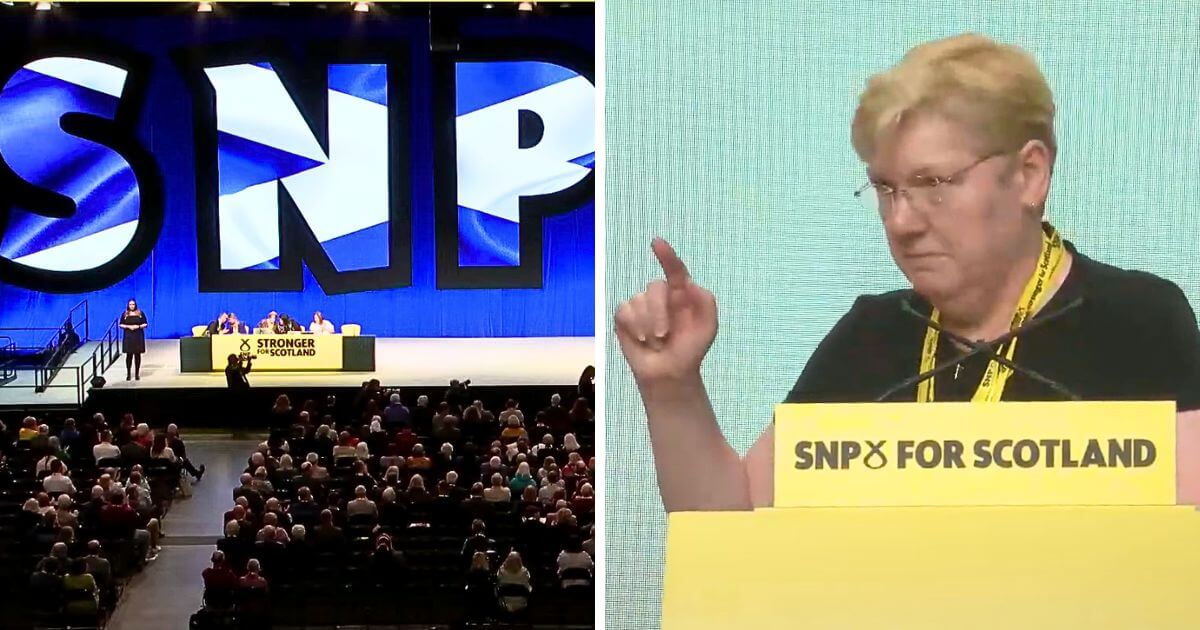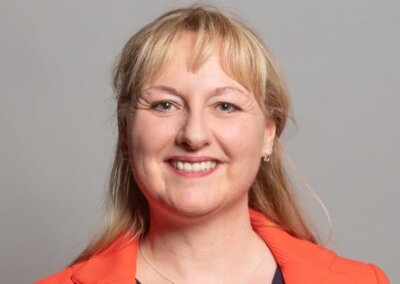Delegates at the SNP National Conference have voted in favour of a resolution calling for “the right to abortion” to be enshrined in a “future constitution of an independent Scotland”.
The resolution, proposed by the SNP’s Elgin Branch, was passed on Sunday at the 90th Annual National Conference.
During the debate on the resolution, Laura Mitchell spoke in support of the resolution on behalf of the Elgin Branch. Two other speakers spoke in opposition to the resolution and two in support.
The resolution was passed by a show of hands and no breakdown of the vote has been provided.
The resolution states that access to abortion “should not be subject to the changing tides of political or judicial decisions”, and that “legal abortion is a fundamental aspect of healthcare and bodily autonomy”.
The resolution also states that enshrining abortion in the constitution would safeguard access to abortion “against any potential political or legal regression”.
An absolute right to abortion would mean that abortion would be available on demand, for any reason, up to birth. If this radical change were introduced, Scotland would be left with one of the most extreme abortion regimes in the world.
The constitution “will be the highest expression of our nation’s values and aspirations”
During the debate on the radical resolution, delegate Laura Mitchell, speaking on behalf of the Elgin branch, said that a constitution “will be the highest expression of our nation’s values and aspirations, the bedrock upon which our laws and institutions are built. By placing the right to abortion within our constitution we ensure it is a right that cannot easily be stripped away”.
She went on to say that adding abortion to the constitution of a future Scotland will protect it “from the whims of politicians, from changing tides of public opinion and from the potential influence of outside forces”.
Delegate Kim Marshall referred to volunteers who offer support to women seeking abortions outside abortion clinics as “bigots”.
However, delegate Peter Grant warned that this abortion resolution might harm the cause of Scottish independence since some voters would not support a constitution containing such an extreme proposal.
There are some “supporters who will find it extremely difficult to vote for the Constitution if it includes these wordings”.
“I don’t want to see anything put in that constitution that jeopardises the possibility of the constitution becoming the constitution of a real independent Scotland rather than just a theoretical one”, he added.
According to the SNP’s website “Conference is the ultimate decision-making body of the SNP” and if a resolution is accepted it “becomes SNP policy and can be taken forward in government or championed at Westminster”.
This means that, since the extreme abortion resolution put forward by the Elgin branch of the SNP was accepted, it will now become SNP policy and can be pursued in government.
Spokesperson for Right To Life UK, Catherine Robinson, said “As one of the delegates made clear, the constitution of a country acts as its foundational document, defining, among other things, the country’s basic principles of government and law. It is deeply disturbing that SNP delegates have voted to make ending the lives of its unborn citizens one of those foundational principles”.
“An absolute right to abortion would mean that abortion would be available on demand, for any reason, up to birth. If this radical change were introduced, Scotland would be left with one of the most extreme abortion regimes in the world”.
“This is a radical and inhumane proposal that would likely lead to the lives of many more babies being lost to abortion in Scotland”.












